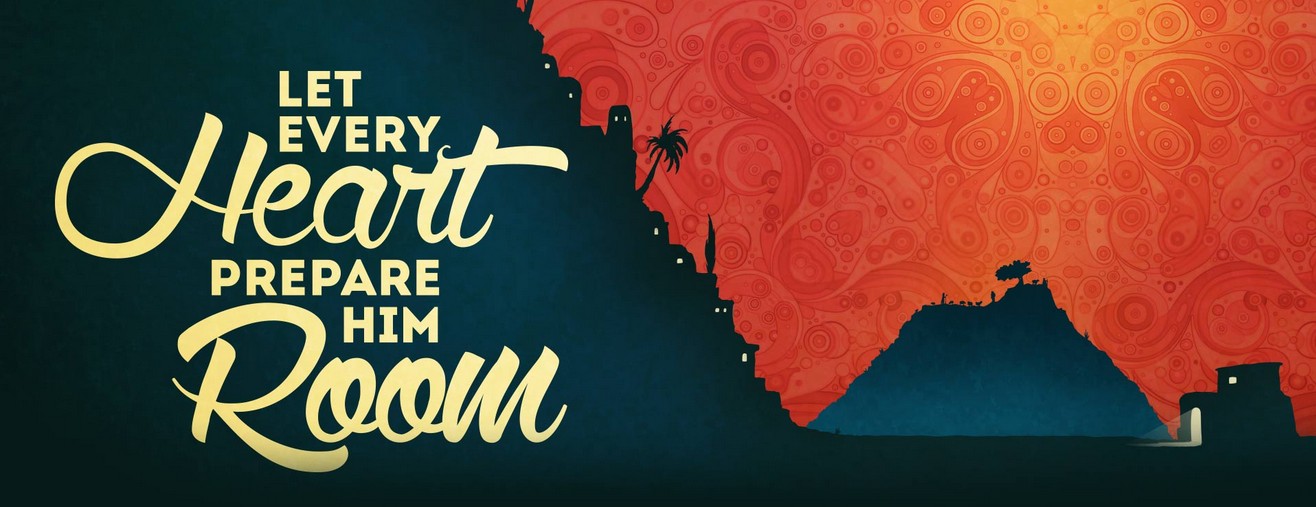
The book of Micah is a very small book, somewhere just past the middle of the Bible. It’s in there somewhere. It’s somewhere between Daniel and Malachi, between Amos and Zephaniah, between Obadiah and Habakkuk, between Jonah and Nahum. It’s down where the mighty stream of Old Testament salvation history starts narrowing to a trickle. It’s in a cavern, in a canyon, excavating for a minor prophet.
Micah’s in a narrow place, a tight spot for a lot of people who think they can recite the 39 books of the Old Testament, but come to grief in here, where the Hebrew names get thick: Moresheth-gath, Beth-le-aphrah, Zaanan, Beth-Ezel, Achzib. Most of them are 3 or 4 syllables long. They’ve usually got a couple of Zs in them. And around any corner might be lurking a Mephibosheth or a Maher-Shalal-Hashbaz. Only Awana pioneers dare go in here –no Cubbies allowed!
Nobody accidentally ends up in Micah; it’s so small that you have to go there on purpose if you’re going to go there at all. Micah seems too little to carry much weight in a book like the Bible, with its jumbo sections like the Deuteronomies and Isaiahs and Chronicles.
But here’s little Micah in the middle of our Christmas readings every year. And why? Because of chapter 5, verse 2 and following:
2 But you, O Bethlehem Ephrathah,
who are too little to be among the clans of Judah,
from you shall come forth for me one who is to be ruler in Israel,
whose coming forth is from of old, from ancient days.
3 Therefore he shall give them up until the time when she who is in labor has given birth;
then the rest of his brothers shall return to the people of Israel.
4 And he shall stand and shepherd his flock in the strength of the Lord,
in the majesty of the name of the Lord his God.
And they shall dwell secure, for now he shall be great to the ends of the earth.
5 And he shall be their peace.
See, Bethlehem is a pretty small place, too. Not big, not important, “too little to be among the clans of Judah.” But the prophesy says the ruler will come from there, “when she who is in labor has given birth,” and that “he shall be great.” This was a clear prophecy. When the wise men followed the star as far as they could, they had to stop and ask the locals for directions. Herod gathered the chief priests and scribes and asked where the Christ was to be born. That was an easy question for them. They pointed directly to little Micah and said, “In Bethlehem of Judea, for so it is written.”
But why little Bethlehem? Because even if it’s not somewhere big, at least it’s somewhere, and the rule is that everybody’s got to be from somewhere. None of us start out from nowhere, and none of us start out from everywhere, and Christ came to be one of us, so he started somewhere. Somewhere in particular, at a particular time in a particular nation’s history, in a particular family. So God the Son, coeternal and coessential with the Father, omnipresent and omnipotent like the Holy Spirit, undertook to take up a local habitation and a name, and rolled from heaven to earth to body himself forth there in Bethlehem –of all places.
For my church‘s 2014 Christmas concert service, I wrote a set of 9 readings to accompany the night of songs: a Lessons and Carols service. I’m posting the lessons here at Scriptorium Daily from now until Christmas day. Banner design by Josh Kenfield.